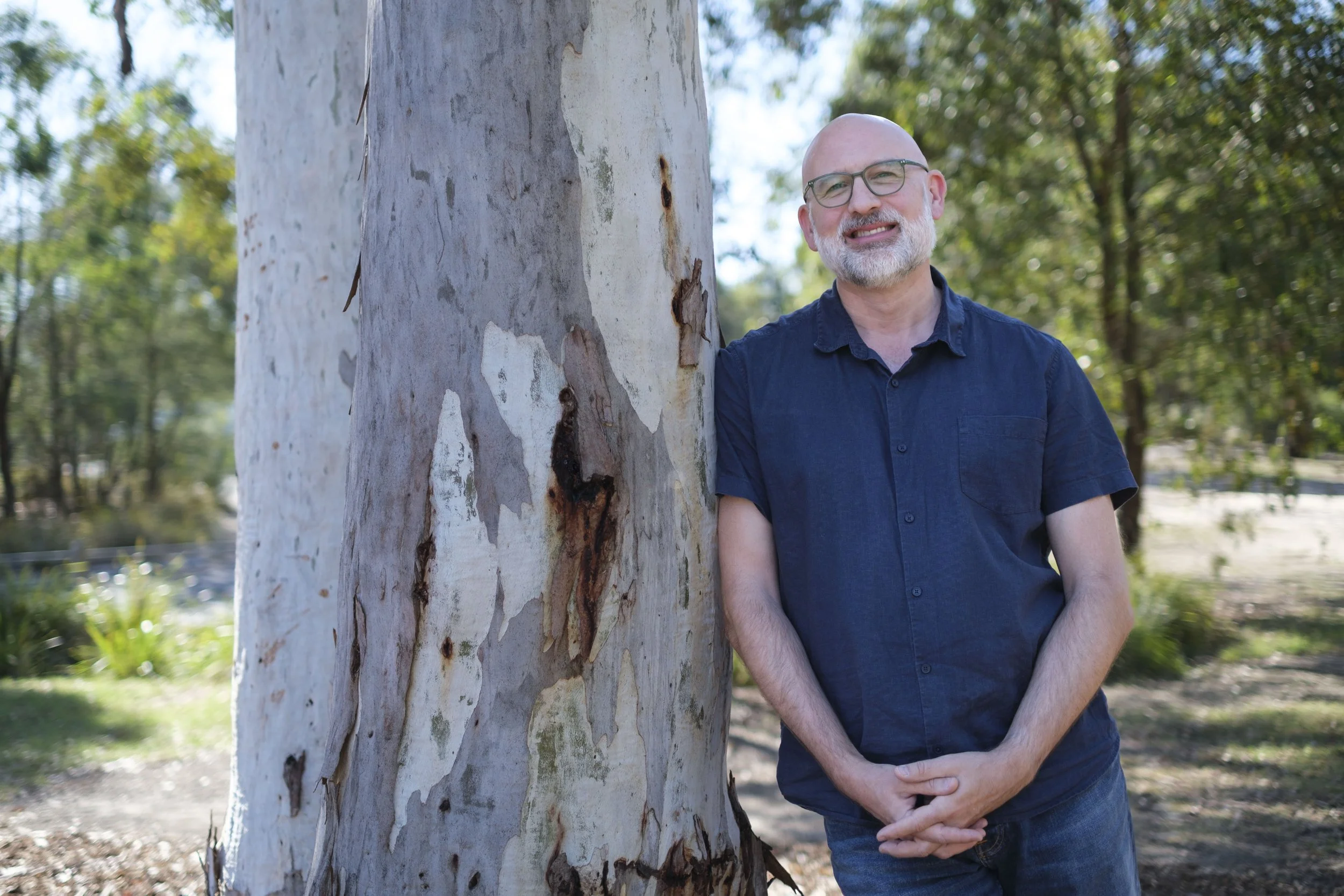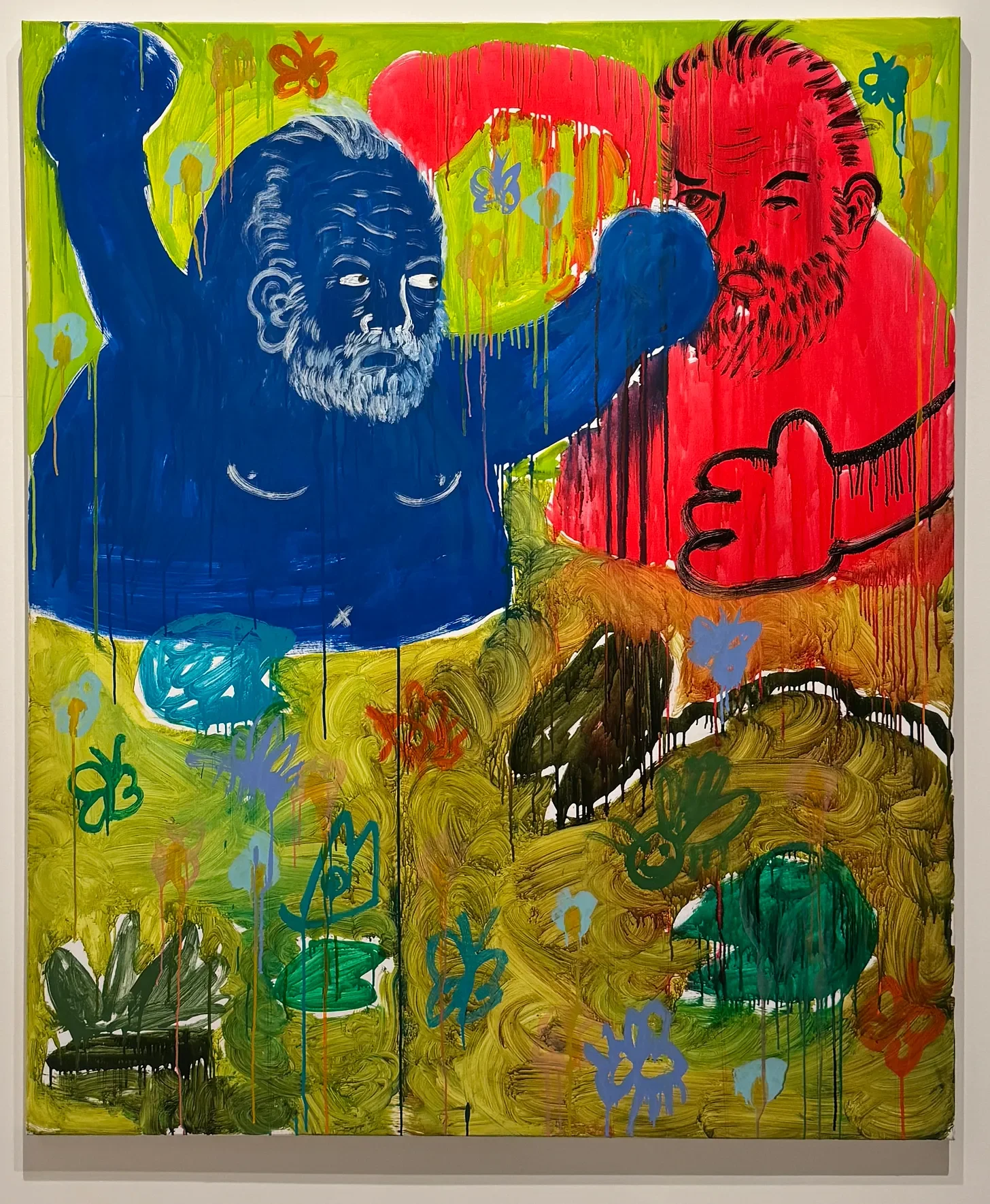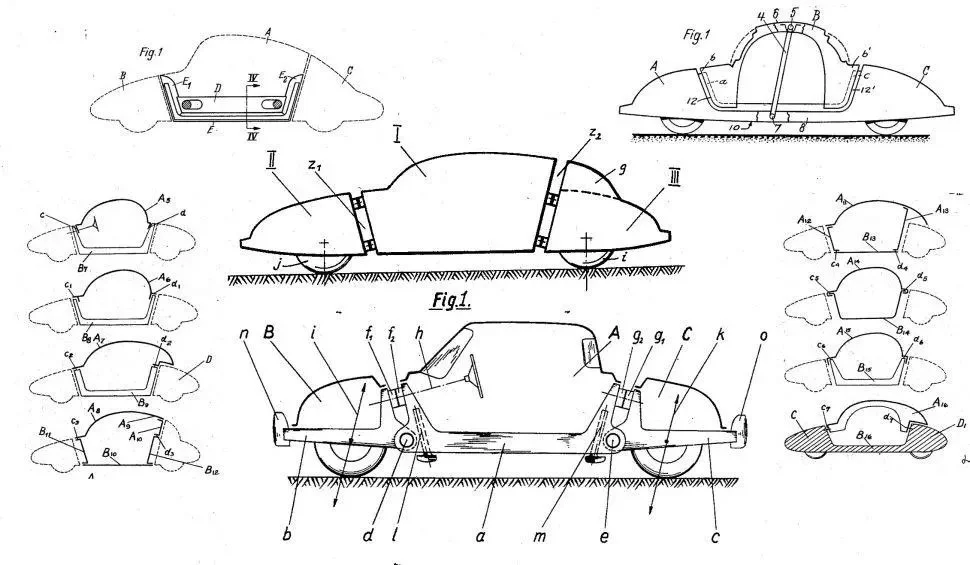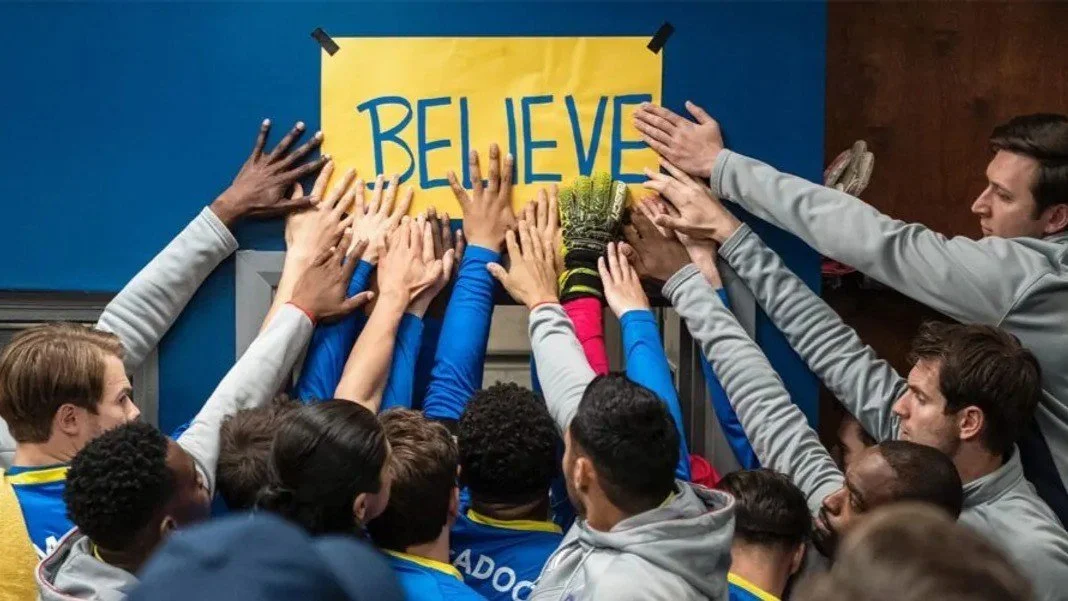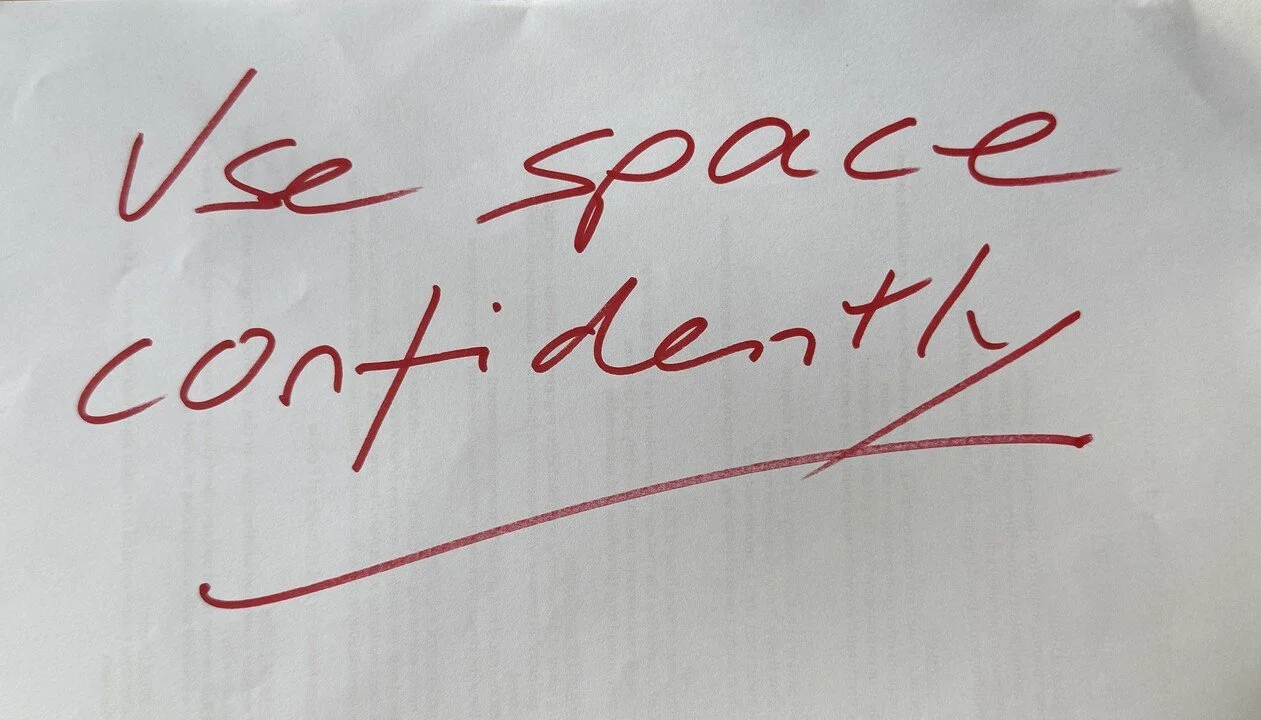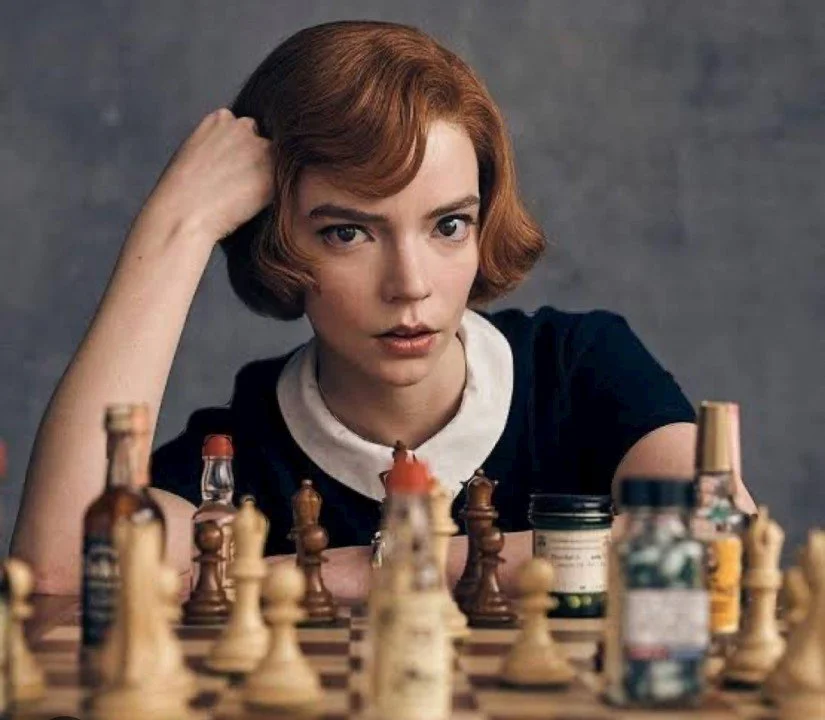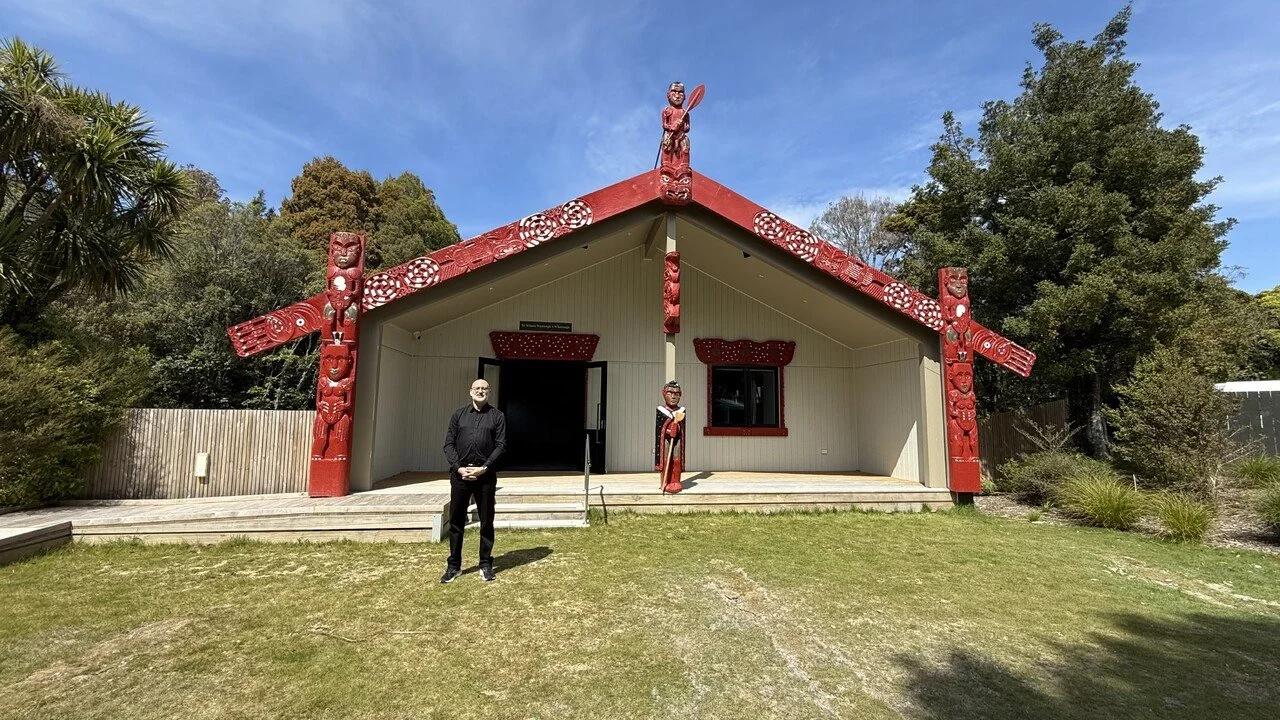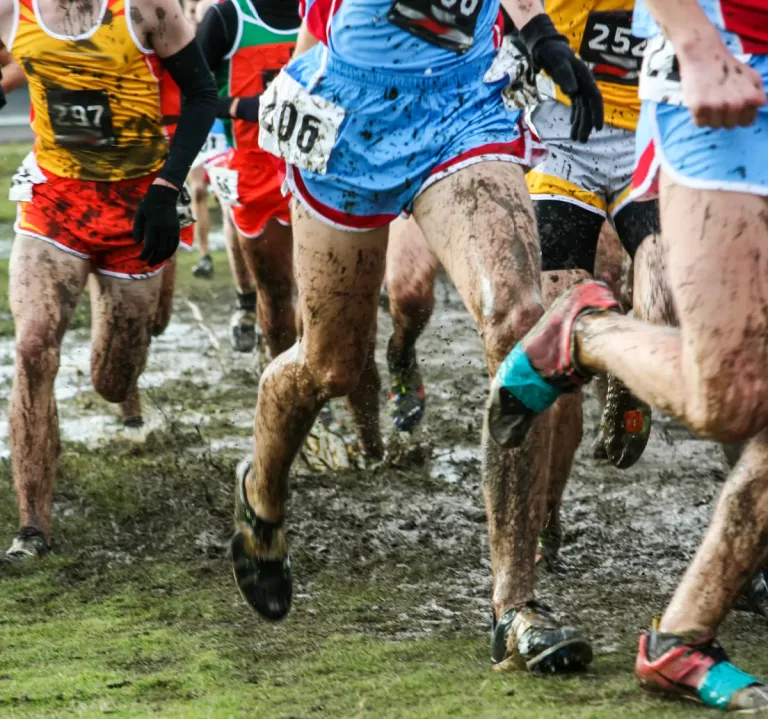
Insights
Strategy and execution become real through action. My fortnightly newsletter offers reflections and suggestions for strategic thinking, capability building and organisational change.
Subscribe for new editions at substack
Leaving an interim CEO role after 15 weeks and handing over to the permanent CEO yields lessons on the differences between permanent and interim roles.
Reflections on being six weeks into an interim CEO role. Crucial differences between consulting from the outside and leading from the inside
Most people haven’t heard of Béla Barényi. I’m going to nerd out on his influential automotive safety innovation, why it matters for strategy development, and then why i’ve moved my newsletters to be substack-first.
How do you go about solving a problem? We're taught to first define the problem fully. But we should spend more time on how we are describing the problem in the first place - because the metaphor shapes our thinking, unconsciously. Framing matters.
You spend months crafting a 'Strategic Plan', and everyone works to it diligently. Yet in every Board meeting, questions pop up, like: But are we really focusing on the right things?, or How do we know our strategy is working?
I am currently doing my Organisational Coaching certification, and the face-to-face cohort training last week offered great lessons for strategy consultancy and strategy generally.
At the weekend I experienced the sheer joy of a Flaming Lips performance. With a few days of distance from the exuberance, and a newsletter deadline approaching, I’ve been drawing strategy lessons.
A great question emerged in conversation with two clients recently: “is our Executive the right place to focus for developing our capability?”
We're pretty keen to look to sports for doing better strategy. But instead of listening to people who play sports, be someone who plays games.
What does a science fiction novel, the Tate, and a micro-community on TikTok all have in common?
Governance and strategy spring from collective intelligence. After running a Board workshop yesterday in a fabulous meeting room, today I am writing about using and occupying space to enhance collective intelligence.
Coaching needs safety, but not too much. And it needs tension, but not too much. This last few weeks I have been consciously applying this in facilitating strategy conversation with three Boards.
Many strategy workshops hold an uncomfortable tension: some participants seek airtime for tough BAU and in-flight projects, and others want to generate and discuss novel ideas.
An academic at my uni, 30 years ago, was a former chess champion. He said there were two clusters of chess strategy.
Organisational transformation is often described as moving from 'start' to 'end' through one complex, messy and challenging stage.
Not Keanu's matrix. Geologists refer to the material in which something beautiful, meaningful or desirable is embedded as the matrix.
Your workplace has rhythms, whether you control them, are controlled by them, or just live alongside them.
Harry Beck's 1933 map of London's Underground is wildly inaccurate - it bears little relation to the geography of London. It is, genuinely, a lie.
In his last 5 Minute Strategic Mindset newsletter, Andrew Hollo suggests three ways in which speed needs to be manifest in any business, or organisation.


